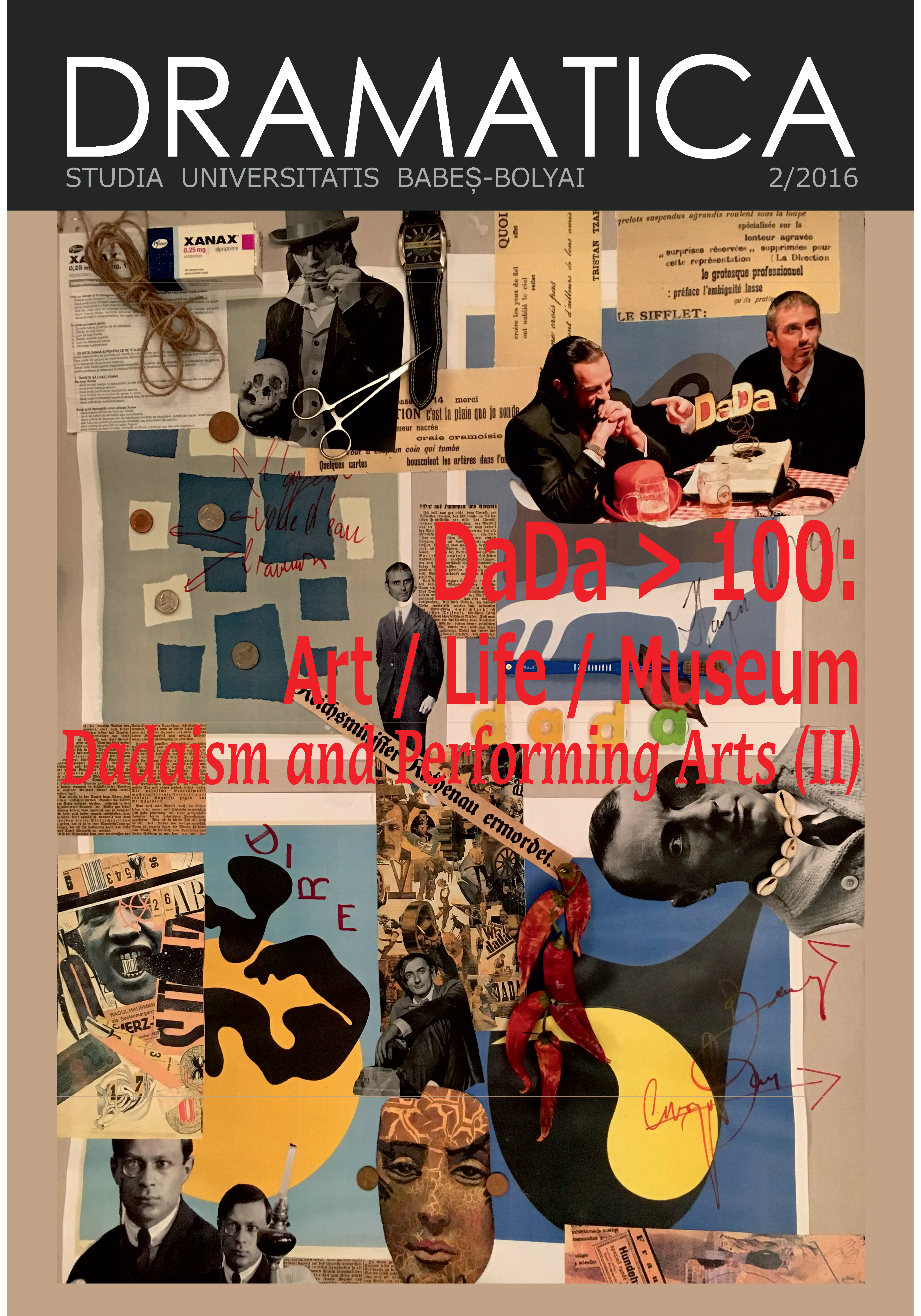Phantasms of the Mutated Body: Kafka’s Critique of Anthropocentric Reason
Keywords:
Kafka, Odradek, dada, body, anthropocentric reason.Abstract
This paper tries to propose an interpretation of Kafka’s Die Sorge des Hausvaters and of the strange creature called Odradek. This useless, meaningless being that is part wooden spool, part human recalls the Dadaist practices and manifestos. One can easily see Odradek as a liberated senseless object and one can even detect a certain Dadaist humor of the useless machine in his figuration, even if Kafka rejected the dada movement: “Dada is – a crime […] The spine of the soul has been broken. Faith has collapsed.” More than this, even if in Odradek one can see a critical perspective on capitalism, Kafka’s creature pushes at an extreme point the reflection on human and the non-human. This paper uses Bruno Latour and Jacques Derrida’s views in order to better understand all the complex significations Odradek can assume in a critical discourse.
References
DERRIDA Jacques, The Beast and the Sovereign, Vol. I., trans. by Geoffrey Bennington, Chicago, The University of Chicago Press, 2009.
GOETSCHEL Willi, Kafka’s dis/Enchanted World, Columbia University, 360doc.cn
JANOUCH Gustav, Conversations with Kafka, trans. by Goronwy Rees, (2nd edition), New Directions, 1971.
LATOUR Bruno, Politics of Nature: How to Bring the Sciences into Democracy, Harvard University Press, 2004.
MEKSIN Anya, “Ragged Bits of Meaning, Wound on a Star-Shaped Spool for Thread,” in Mauro Nervi (ed.), The Kafka Project, kafka.org
RICHTER Hans, Dada: Art and Anti-Art, Thames & Hudson, 1997.
SCHWARZ Roberto, “Worries of a Family Man”, mediationsjournal.org
Downloads
Published
How to Cite
Issue
Section
License
Copyright (c) 2016 Studia Universitatis Babeș-Bolyai Dramatica

This work is licensed under a Creative Commons Attribution-NonCommercial-NoDerivatives 4.0 International License.


